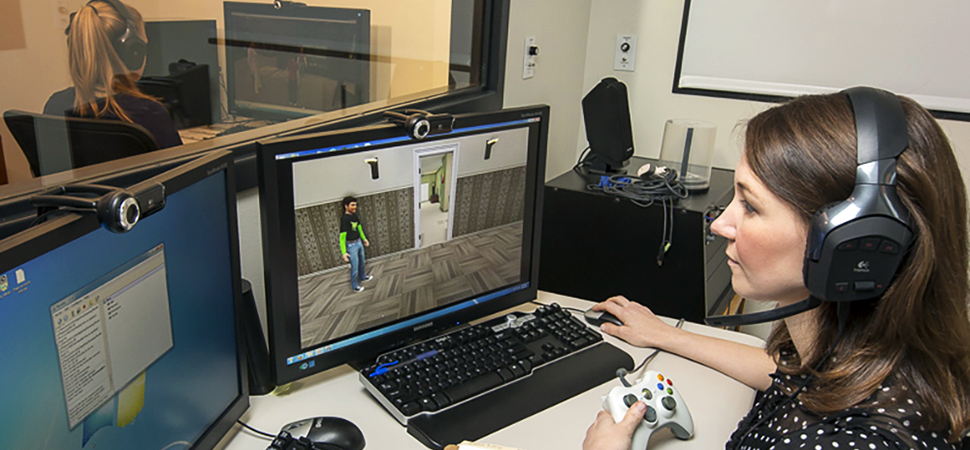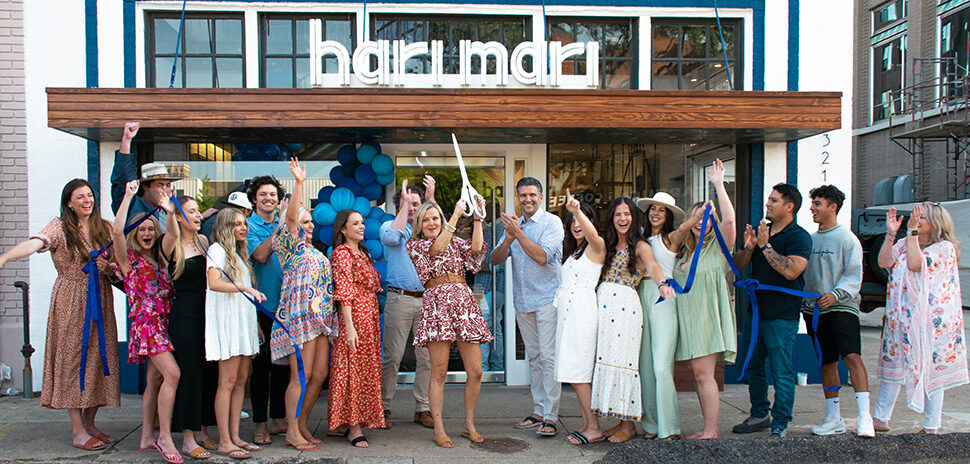From movie experiences to real estate showings, virtual reality is being integrated across an array of industries. Now, researchers at the Center for BrainHealth at the University of Texas at Dallas have found the technology can help children with high-functioning autism improve social skills.
The UTD study gathered a group of 30 people ages 7 to 16 with high-functioning autism. For five weeks, study participants attended 10, one-hour virtual reality training sessions.
“The virtual reality training platform creates a safe place for participants to practice social situations without the intense fear of consequence.”
Nyaz Didehbani
“Individuals with autism may become overwhelmed and anxious in social situations,” Center for BrainHealth research clinician Dr. Nyaz Didehbani said in a release. “The virtual reality training platform creates a safe place for participants to practice social situations without the intense fear of consequence.”
During the sessions, people on the autism spectrum engaged in simulated social situations and learned strategies to handle those scenarios within the virtual world. Two clinicians carried out the training via virtual avatars: one teaching the strategies while the other clinician played different roles within the social scenarios.
The results yielded promising changes to the participants’ social behavior.
“We observed relationships in life grow from virtual world conversations,” said Tandra Allen, head of virtual training programs for the Center for BrainHealth, in a release. “We saw a lot of growth in their ability to initiate and maintain a conversation, interpret emotions, and judge the quality of a friendship.”
Delivering what’s new and next in Dallas-Fort Worth innovation, every day. Get the e-newsletter here.




























